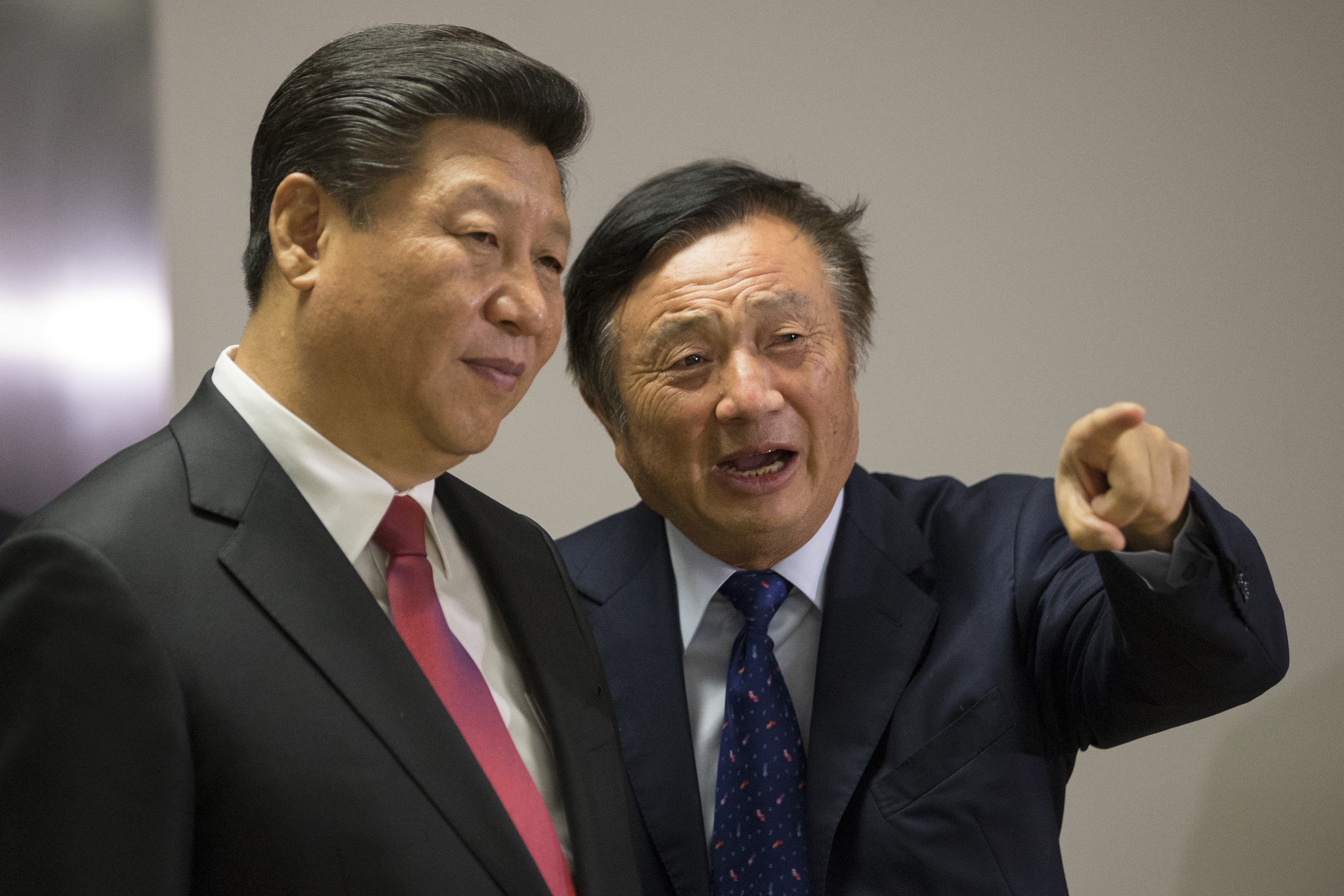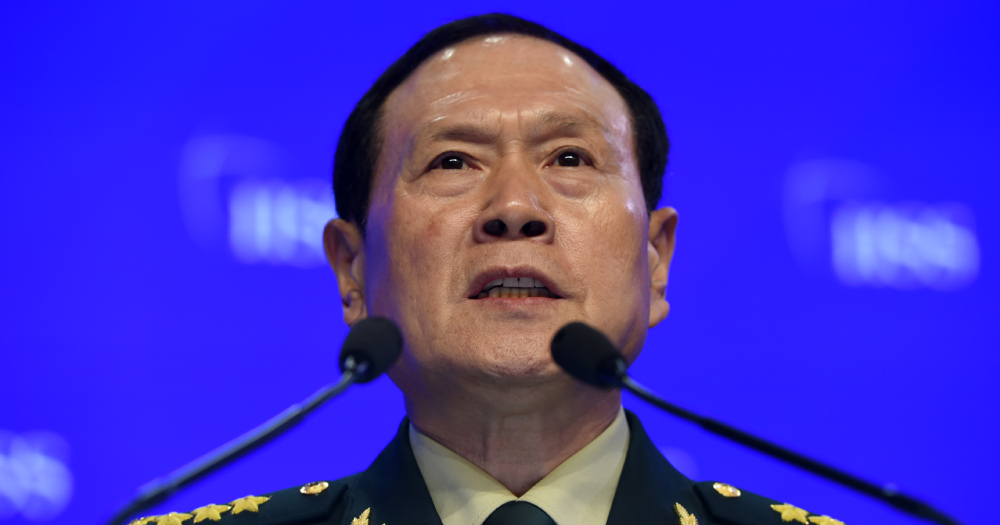While China is ready to fight the United States on trade, the door remains open for talks, Chinese Defence Minister Wei Fenghe said at the Shangri-La Dialogue on Sunday, June 2.
Ready to fight, but keeping the door open
In a widely-anticipated speech on the final day of the high-profile security summit attended by hundreds of delegates, including regional defence chiefs and ministers, Wei said:
"On the trade fiction started by the U.S.: if the U.S. wants to talk, we will keep the door open. If they want to fight, we are ready."
Wei's presence marked the first time in eight years a Chinese defence minister is attending the summit.
His speech came a day after Acting U.S. Defence Secretary Patrick Shanahan made his, downplaying trade tensions with China that escalated recently after a fresh round of tit-for-tat tariffs applied by both sides, saying the U.S. and China are not having a trade war and would eventually resolve their differences.
Huawei not part of Chinese military
Trade tensions between the two major countries were also heightened over the Huawei debacle, which saw the U.S. blacklist the telecom giant, effectively preventing American companies from doing business with it due to "national security" risks.
While Huawei's founder and CEO Ren Zhengfei has long insisted that the company does not provide data to the Chinese government, nor has the latter asked Huawei to do so, the U.S. has remained doubtful of his claims.
Experts also said that according to Chinese laws, Chinese companies are legally mandated to assist the government in intelligence gathering if they were asked to do so.
Ren was a former engineer who worked for the People’s Liberation Army (PLA) and is a current member of the Chinese Communist Party (CCP).
 Chinese President Xi Jinping (L) is shown around the offices of Chinese tech firm Huawei technologies by its President Ren Zhengfei in London during his state visit on October 21, 2015. (Image by MATTHEW LLOYD/AFP/Getty Images)
Chinese President Xi Jinping (L) is shown around the offices of Chinese tech firm Huawei technologies by its President Ren Zhengfei in London during his state visit on October 21, 2015. (Image by MATTHEW LLOYD/AFP/Getty Images)
On this particular issue, Wei in his speech maintained Huawei's innocence at the summit, saying it is not a military company.
"Do not think that because the head of Huawei used to serve in the military, then the company that he built is part of the military... It doesn't make sense because these sorts of ex-servicemen, upon their retirement, a lot of them have set up companies in countries across the world."
U.S. should not underestimate the Chinese military
Chinese defence ministry spokesperson Wu Qian had made similar comments after the 20-minute meeting Wei had with Shanahan on Friday night.
While Wu told reporters the meeting was constructive, he also flagged "unconstructive" words and actions made by the U.S. over Taiwan, reported Reuters.
He said the U.S. "should not underestimate the determination, will and ability of the Chinese military" when it comes to "safeguarding national sovereignty and territorial integrity".
Which brings us to the South China Sea
Like Shanahan did in his speech, Wei also made a veiled reference to the U.S. regarding the disputed waters and islands, saying that "some countries from outside the region come to the South China Sea to flex muscles in the name of freedom of navigation".
The U.S. has in recent times stepped up the frequency of its freedom of navigation operations in the South China Sea in order to challenge China’s “excessive maritime claims”.
China, meanwhile, has laid claim to a large part of the South China Sea, despite a number of other Southeast Asian countries disputing its territorial assertions.
It has also in recent years increased its military buildup on the disputed islands in the maritime region.
Wei's remarks came after Shanahan said in his speech that "some in our region" are destabilising the region by acting "contrary to the principles and norms that have benefited us all".
You can watch Wei's full speech here:
More stories from the Shangri-La Dialogue:
Top photo via ROSLAN RAHMAN/AFP/Getty Images
If you like what you read, follow us on Facebook, Instagram, Twitter and Telegram to get the latest updates.
